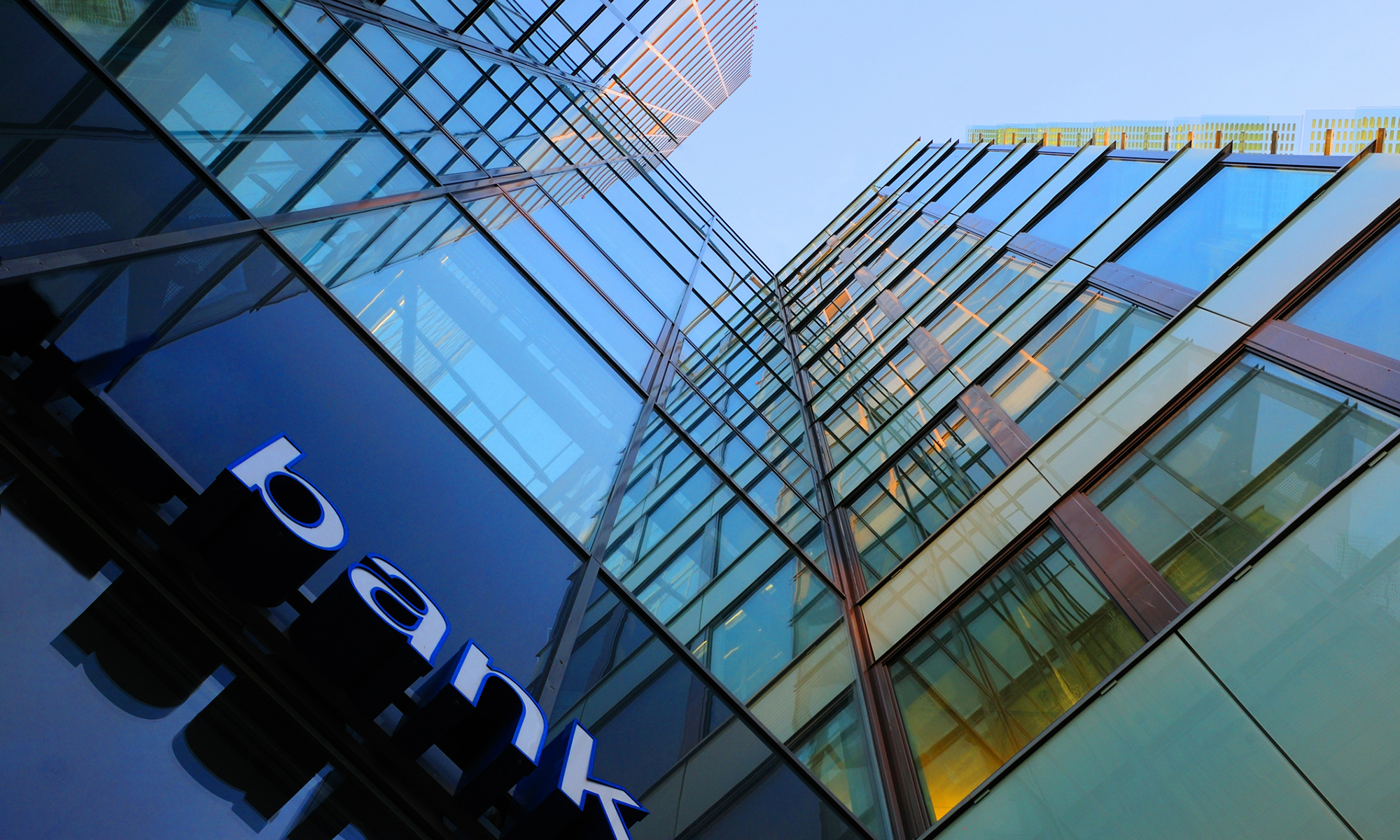In a consensual lending world, a commercial borrower is usually obligated to pay for a lender’s expenses relating to a loan. Depending on the loan agreement, the borrower might agree to pay closing costs, enforcement costs if the loan goes bad, and fees and expenses for amending the loan agreement. Even if a loan agreement is silent, a borrower may find that the lender is unwilling to amend the agreement unless the borrower pays the costs. Regardless of the language or lack thereof, whether a lender can and should impose such costs may be an open question.
If the borrower is asking for an amendment, then it only seems fair that the borrower pay for the lender’s amendment costs if requested. In a committed loan, it is unusual for a lender to ask for an amendment that the borrower doesn’t also want―but if it does, it doesn’t seem fair for the borrower to have to pay the lender’s costs.
Continue reading “Will Borrowers Pay for LIBOR Amendments?”
